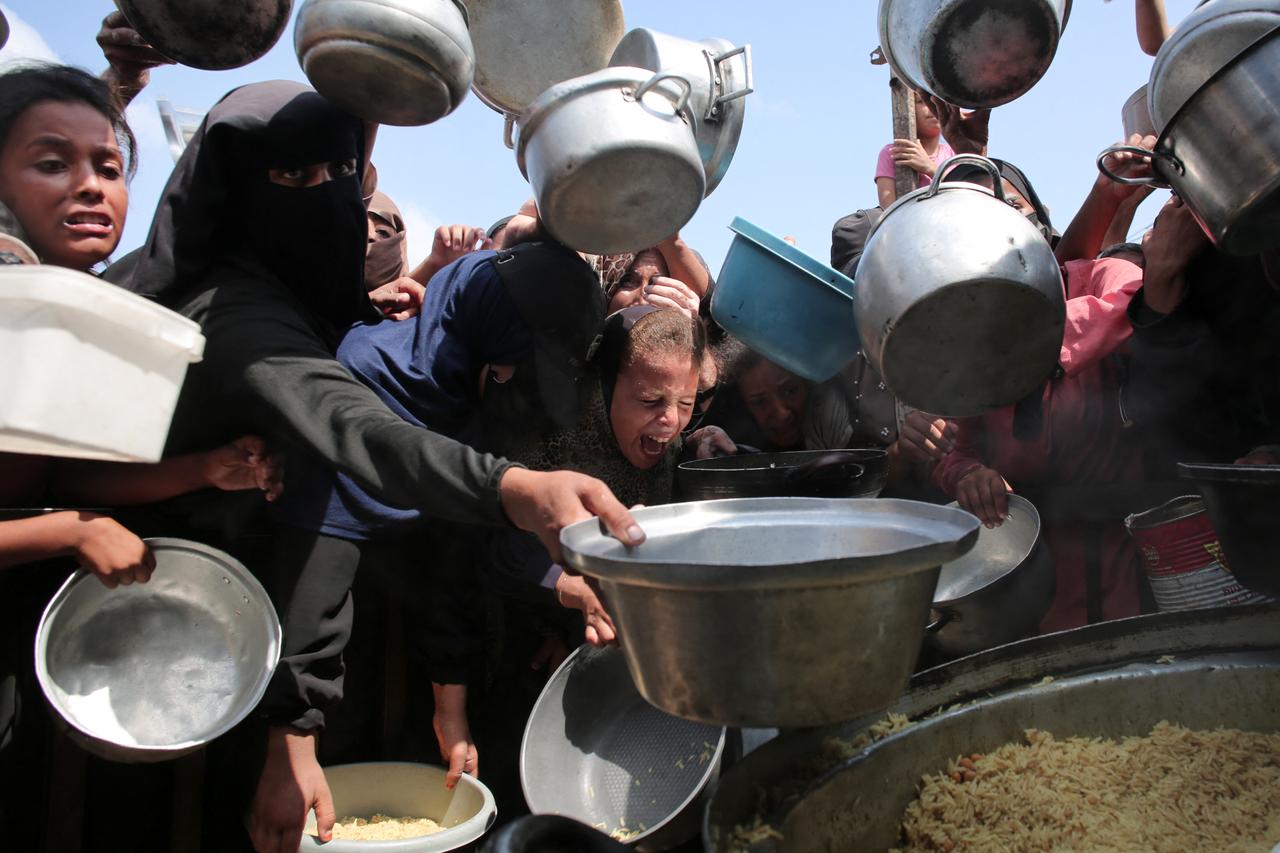
The Netherlands’ Foreign Minister Caspar Veldkamp has resigned after being prevented from advancing cabinet measures against Israel, prompting four other ministers from his New Social Contract (NSC) party to step down as well, according to Dutch media.
Veldkamp came into the spotlight on Thursday when he said new measures against Israel "would be necessary."
In addition to five ministers, four state secretaries also resigned, leaving only VVD and BBB in the cabinet ahead of Prime Minister Schoof’s expected address to parliament later in the evening, Dutch daily De Telegraaf reported.
Veldkamp told the Dutch news agency ANP that he could not find the scope to introduce further steps that would effectively raise pressure on Israel, following a cabinet debate that ended in stalemate over possible sanctions on Friday.
His push for tougher action followed Israel’s approval of a large settlement project in the occupied West Bank, which the Netherlands joined 20 other countries in condemning as "unacceptable and contrary to international law" in a joint declaration earlier this week.
The debate over sanctions revealed deep divisions within Prime Minister Dick Schoof’s coalition. Veldkamp’s proposals—including a possible Dutch import ban on products from illegal settlements, alongside similar efforts at the European level—met resistance from the People’s Party for Freedom and Democracy (VVD) and the Farmer–Citizen Movement (BBB), both of which favored a softer line toward Israel.

Responding to Veldkamp's decision, Eddy van Hijum, the incoming leader of the New Social Contract (NSC) and outgoing deputy prime minister, said his party had reached the point where it could no longer remain in government.
He explained that NSC ministers had sought substantial concessions from coalition partners but encountered what he described as a complete absence of willingness to compromise from the People’s Party for Freedom and Democracy (VVD) and the Farmer–Citizen Movement (BBB).
Van Hijum told reporters that his party was "completely done" after repeated attempts to find common ground failed. "Our conclusion is that we are not credible if we stay on," he said following the cabinet meeting. He added that without meaningful movement from the other parties, the NSC could not continue to justify its place in the coalition.

The internal dispute over sanctions comes against the backdrop of the worsening humanitarian crisis in Gaza, while Israel has approved a settlement project in the West Bank despite United Nations calls to reverse it.
Nearly two years of conflict have left more than 62,000 Palestinians dead, most of them civilians and children, according to figures from Gaza’s health ministry that the United Nations considers reliable.
On Friday, the United Nations formally declared a famine in Gaza City—the first in the Middle East—reporting that over half a million Palestinians face catastrophic conditions marked by starvation and death.
The Integrated Food Security Phase Classification (IPC), the world’s leading authority on food crises, said more than half of Gaza’s population is enduring emergency or crisis-level food insecurity.